A gentleman's reading list
A man’s library might be ‘a sort of harem’, but, for Jonathan Self, these are the 10 titles that every gentleman should read


By Jonathan Self
It’s not that I’m a snob—oh, hang on, I am—but there is something déclassé about fiddling with one’s smartphone every time one has a few minutes to fill. As an alternative, I’ve invented a version of the Radio 4 programme Desert Island Discs in which, instead of choosing eight records to be marooned with, one selects 10 related objects, such as wine or paintings. Recently, during an interminable wait for an extremely inconsiderate lunch guest—yes, Boris, I am referring to you—I decided to pick the top 10 books to read.
Like Jorge Luis Borges, ‘I have always imagined that paradise will be a kind of library’, but the idea that the shelves could be virtually bare had never before occurred to me. I’m used to being surrounded by books. In theory, they’re confined to my study, but conditions there are so overcrowded that they make regular bids for freedom, piling themselves up in bedrooms, lurking in the usual domestic offices and creating little drifts in the halls and on the stairs.
Initially, therefore, the task of identifying a mere 10 books for my new castaway life filled me with dismay. I toyed with confining myself to long books or practical books or books that are universally acknowledged to be classics, but which have always bored me stiff.
In the end, I decided to pick the top 10 books I felt no gentleman’s library should ever, under any circumstances, be without. Ralph Waldo Emerson claimed that ‘A man’s library is a sort of harem’. I am afraid my literary predilections are now laid bare.
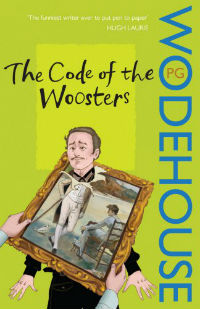
With 96 books to choose from, one could be forgiven for struggling to select just one volume of P. G. Wodehouse’s work. My own favourite is The Code of the Woosters, partly because it features that perfect, if somewhat intellectually challenged, gentleman Bertie Wooster, and his ingenious, Nietzsche-reading valet, Jeeves, and partly because it reminds one of what is really important in life, as evidenced by this brief exchange between master and servant.
Sign up for the Country Life Newsletter
Exquisite houses, the beauty of Nature, and how to get the most from your life, straight to your inbox.
‘There are moments, Jeeves, when one asks oneself, “Do trousers matter?”’
‘The mood will pass, sir.’
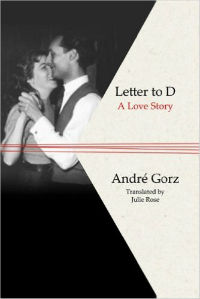
‘You’re 82 years old. You’ve shrunk six centimetres, you only weigh 45 kilos yet you’re still beautiful, graceful and desirable. We’ve lived together now for 58 years and I love you more than ever. I once more feel a gnawing emptiness in the hollow of my chest that is only filled when your body is pressed next to mine.’
Thus opens André Gorz’s short, deeply moving memoir, which every gentleman should read in order to understand what love really is.
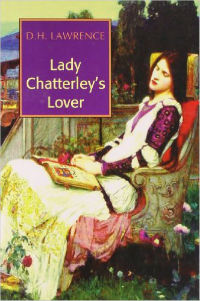
‘This fictional account of the day-to-day life of an English gamekeeper is still of considerable interest to outdoor minded readers, as it contains many passages on pheasant-raising, the apprehending of poachers, ways to control vermin, and other chores and duties of the professional gamekeeper. Unfortunately, one is obliged to wade through many pages of extraneous material in order to discover and savour these sidelights on the management of a Midlands shooting estate, and, in this reviewer’s opinion, this book cannot take the place of J. R. Miller’s Practical Gamekeeping.’
The reviewer in question was Ed Zern of Field & Stream and he was missing the real value of this inexorably written book, which is to remind gentlemen not to snap at their wives or to employ chippy, male staff with ideas above their station.
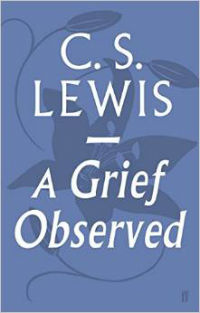
‘No one ever told me that grief felt so like fear.’
Naturally, gentlemen experiencethe finer feelings, including loss. My father put me onto C. S. Lewis’s classic and it has often comforted me when grief over something (not just a death) threatened to overwhelm me.
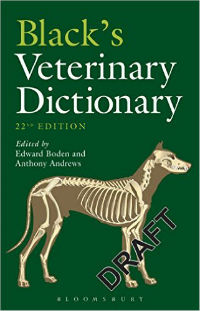
First published in 1928, Black’s Veterinary Dictionary not only offers advice on everything from rabbit syphilis to potato poisoning, but also provides lots of useful ‘how to’ information on caring for fin, feather and fur.
The latest edition is just out and contains even more entries, photographs and diagrams. It is of equal use in town (where a gentleman may have to deal with dogs, cats, caged birds, children’s pets, vermin and so on) and country (whether or not one farms) and so a copy should be obtained for both homes.
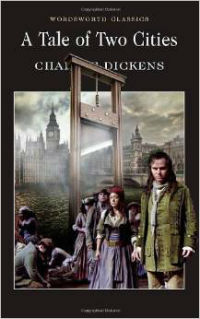
Dickens’s epic novel, set in London and Paris before and during the French Revolution, spells out the dangers of bumping off the ruling classes. A Tale of Two Cities can be read as a gripping yarn involving espionage, adventure and romance; as a more serious commentary on social justice, good and evil and the nature of the human condition; or as a horror story for the upper classes.
Although it was written 156 years ago, its opening has a very contemporary feel to it: ‘It was the best of times, it was the worst of times, it was the age of wisdom, it was the age of foolishness, it was the epoch of belief, it was the epoch of incredulity.’
Gentlemen, you have been warned.
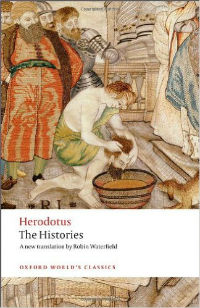
No library is complete without a history section and what could be more appropriate than the first history book ever written? Herodotus’s The Histories, with its graphic, near-contemporaneous description of life in Greece, western Asia and Northern Africa in ancient times describes problems and issues that we still face today. ‘Of all men’s miseries the bitterest is this: to know so much and to have control over nothing.’
Quite.
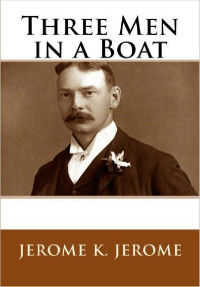
Jerome K. Jerome set out to write a travel book, but, somehow, it ended up as a comic description of a boating trip he took down the Thames with two other wealthy friends.
It is, in its way, a gentleman’s manifesto, as this quote makes clear: ‘It always does seem to me that I am doing more work than I should do. It is not that I object to the work, mind you; I like work: it fascinates me. I can sit and look at it for hours. I love to keep it by me: the idea of getting rid of it nearly breaks my heart.’
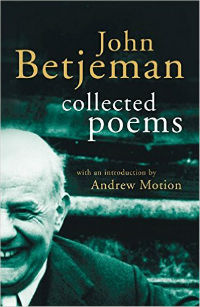
John Betjeman: Collected Poems
Sir John Betjeman believed that ‘too many people in the modern world view poetry as a luxury, not a necessity’.
If a chap could only have one poet in his library, there would be no better choice than Betjeman, who was, after all, the quintessential British gentleman.
‘Come, friendly bombs, and fall on Slough!’ he wrote, summarising what anyone of sensitivity feels about that ghastly place, ‘It isn’t fit for humans now.’
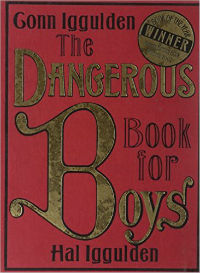
How to fashion a rude catapult, set up a tripwire, grind an italic nib, marble paper, tie a bowline and hundreds of other skills that every gentleman should know are described in this invaluable reference work.
Gents, do you agree or disagree these top 10 books to read?
Let us know on Twitter
Country Life is unlike any other magazine: the only glossy weekly on the newsstand and the only magazine that has been guest-edited by HRH The King not once, but twice. It is a celebration of modern rural life and all its diverse joys and pleasures — that was first published in Queen Victoria's Diamond Jubilee year. Our eclectic mixture of witty and informative content — from the most up-to-date property news and commentary and a coveted glimpse inside some of the UK's best houses and gardens, to gardening, the arts and interior design, written by experts in their field — still cannot be found in print or online, anywhere else.
-
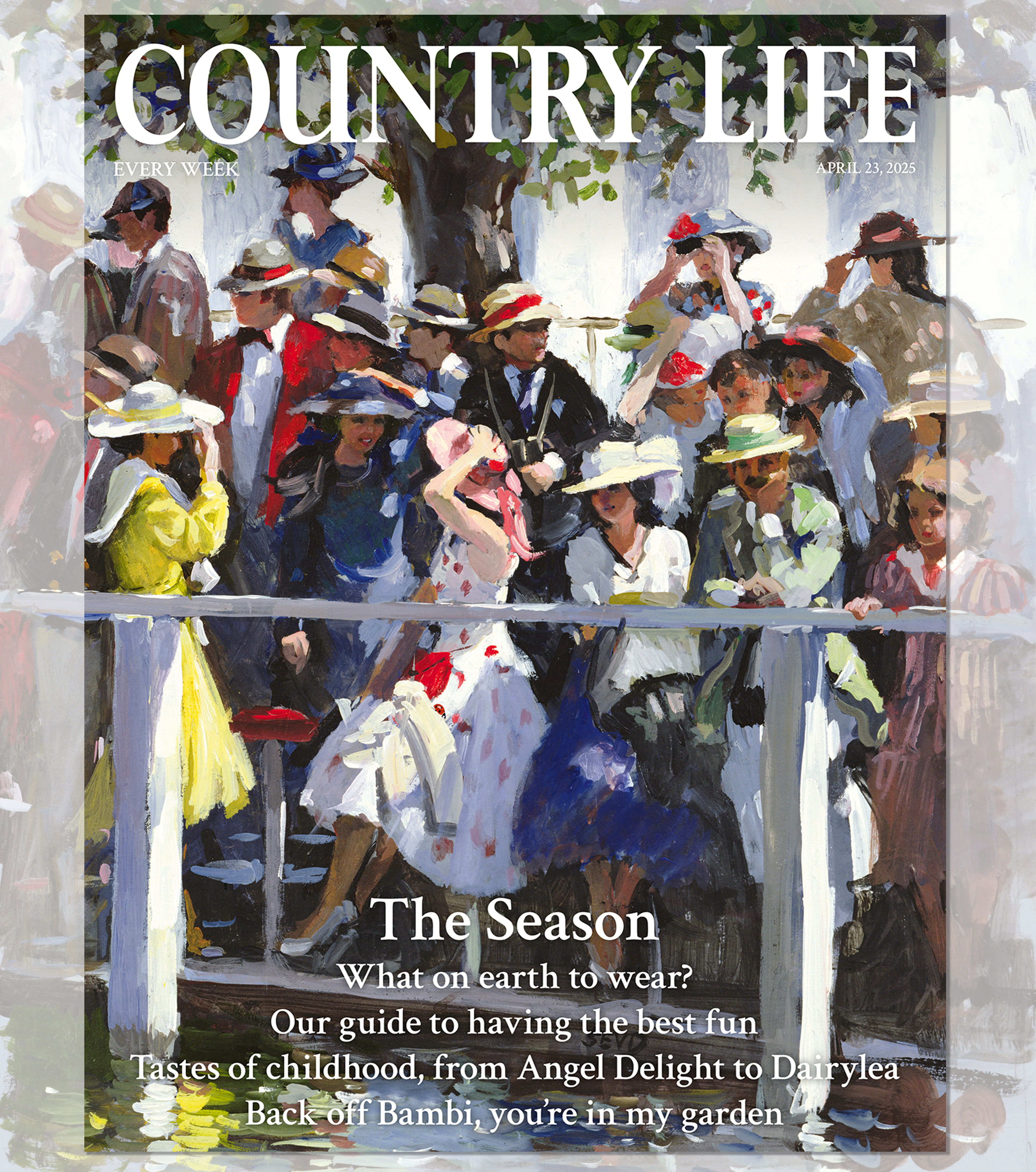 Country Life 23 April 2025
Country Life 23 April 2025Country Life 23 April 2025 looks at how to make the most of The Season in Britain: where to go, what to eat, who to look out for and much more.
By Toby Keel
-
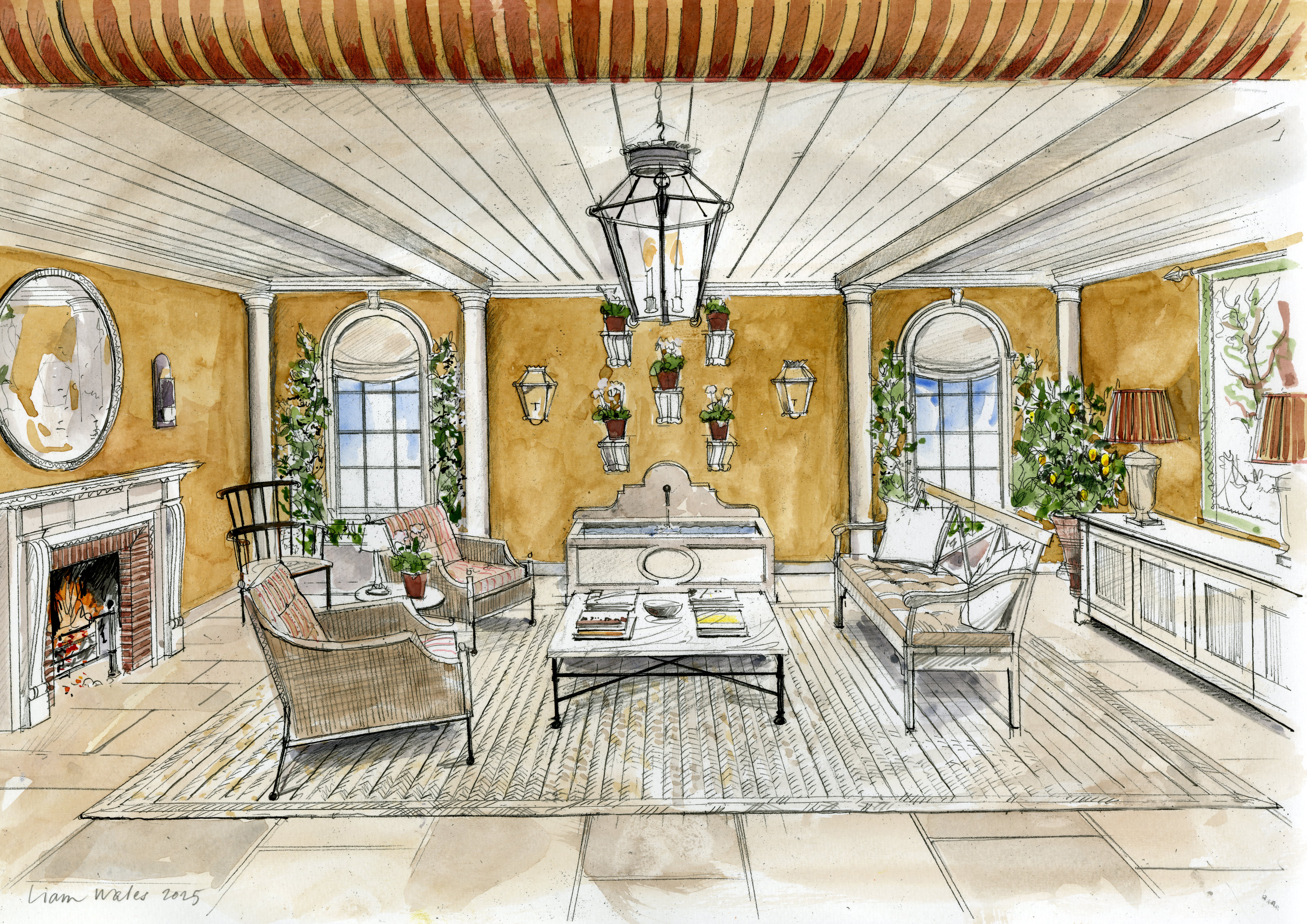 The big reveal: A first look at Country Life's RHS Chelsea Flower Show stand
The big reveal: A first look at Country Life's RHS Chelsea Flower Show standInterior designer Isabella Worsley reveals her plans for Country Life’s ‘outdoor drawing room’ at this year’s RHS Chelsea Flower Show.
By Country Life